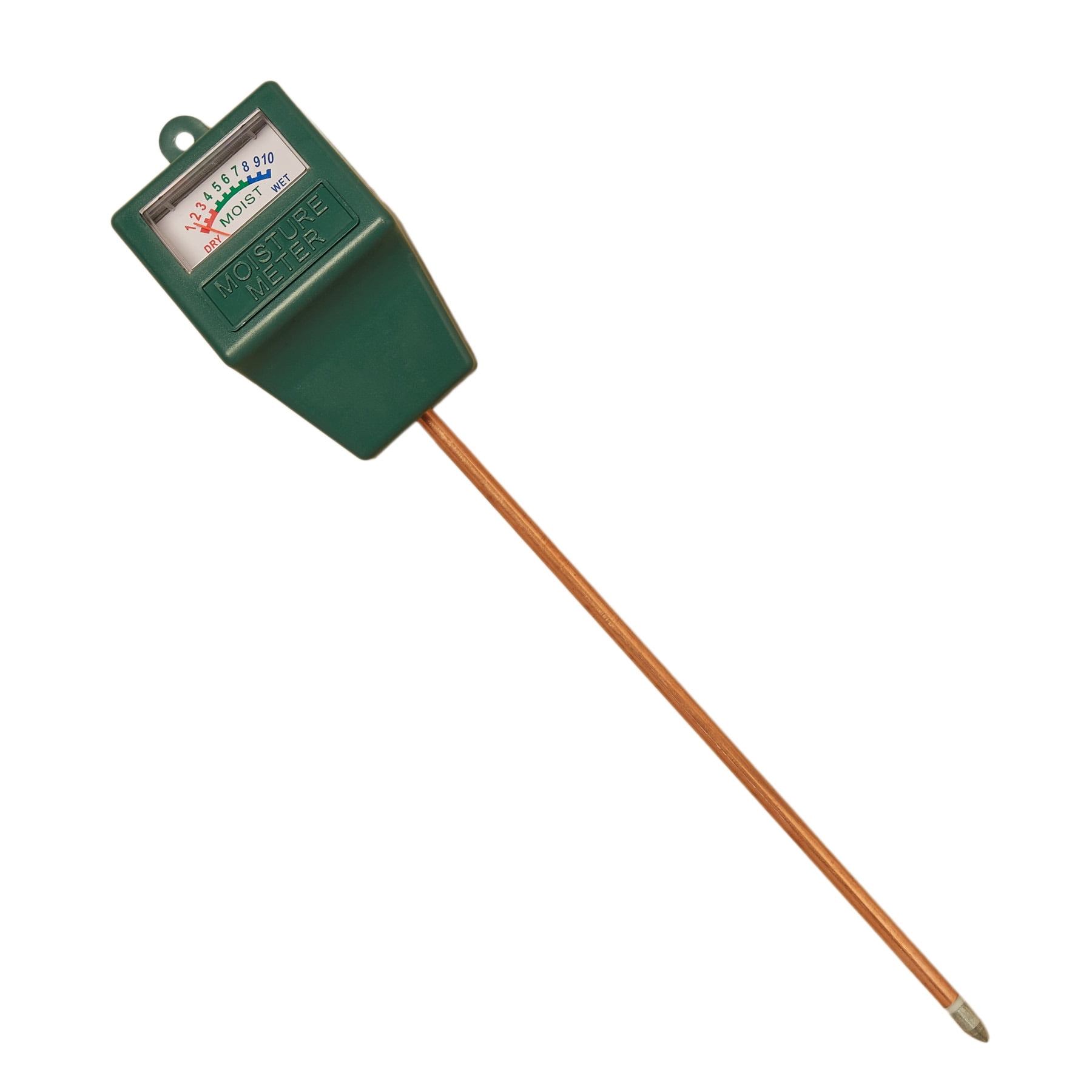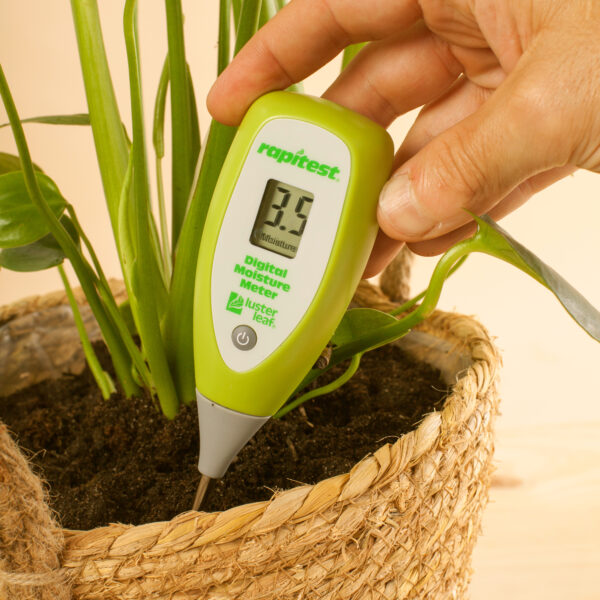The Ultimate Guide to Wetness Meters: A Comprehensive Introduction and How They Can Save You Cash
Dampness meters serve as indispensable tools in finding and monitoring moisture web content in materials, assisting in preventing expensive problems and making sure the top quality of items. Comprehending the nuances of various kinds of moisture meters, their applications, and the potential cost-saving benefits they offer can be a game-changer for businesses and experts alike.
Sorts Of Dampness Meters
One typical type is the pin-type dampness meter, which determines the electric resistance in between 2 pins placed into a material. Pinless moisture meters, on the other hand, use electromagnetic sensing unit plates to check a bigger location without creating damages to the material's surface.

Infrared moisture meters gauge the thermal residential or commercial properties of a product to determine its wetness web content non-invasively, making them useful for applications where pin or pinless meters might not be suitable. Comprehending the various types of moisture meters available can aid sectors pick the most appropriate tool for their particular moisture measurement needs.

Benefits of Using Dampness Meters
Wetness meters use important benefits in precisely analyzing and checking wetness levels in varied products and atmospheres. One of the main advantages of using moisture meters is the avoidance of potential damages created by excess dampness.
In addition, making use of wetness meters can lead to raised energy effectiveness. In farming settings, wetness meters play an important duty in enhancing plant returns by making it possible for farmers to keep track of soil wetness degrees and make educated irrigation choices.
Exactly How to Select the Right Wetness Meter
When picking a dampness meter, it's necessary to make sure that the meter is ideal for the certain product you will be screening. Various materials have varying electric buildings that can affect moisture analyses, so choosing a meter designed for your product is essential for exact results. By carefully assessing these elements, you can select a dampness meter that meets your requirements and supplies accurate wetness measurements for your jobs.
Appropriate Methods for Moisture Meter Use

Expense Financial Savings With Dampness Meter Applications
Exactly how can the tactical usage of moisture meters bring about considerable price savings throughout various industries? Wetness meters play a vital role in price savings by stopping potential damages additional reading and making sure quality assurance in different fields. In the farming industry, moisture meters help in determining the optimal time for harvesting crops, stopping excess or over-drying dampness that can affect the last product's top quality. This precise surveillance aids farmers stay clear of unneeded losses and optimize their return.
Similarly, in building and construction, dampness meters aid protect against costly problems by spotting wetness levels in structure products, such as timber or concrete, which can result in structural issues if not addressed quickly. By identifying news issue locations early on, specialists can take corrective steps to stay clear of considerable repair services or substitutes, eventually conserving time and money.
Moreover, in the food handling industry, moisture meters are essential for checking item quality and ensuring conformity with security laws. By precisely gauging dampness material in foodstuff, manufacturers can avoid wasting, keep quality, and lower waste, resulting in substantial price financial savings. On the whole, the calculated application of wetness meters is a beneficial investment that can bring about substantial price decreases and boosted performance throughout numerous industries.
Conclusion
In final thought, moisture meters are valuable tools for measuring and spotting moisture levels in numerous products. By making use of the appropriate wetness meter and complying with proper techniques, individuals can effectively stop expensive damages triggered by excess moisture.
Moisture meters serve as vital tools in detecting and keeping track of moisture content in products, helping in avoiding pricey damages and guaranteeing the high quality of items. Infrared wetness meters gauge the thermal residential or commercial properties of a product to identify its moisture web content non-invasively, making them beneficial for applications where pin or pinless meters might not be ideal.Wetness meters supply very useful benefits in More Info accurately analyzing and keeping an eye on wetness levels in diverse materials and atmospheres. In agricultural setups, wetness meters play a crucial duty in maximizing plant returns by allowing farmers to keep an eye on soil dampness levels and make informed watering choices.In final thought, dampness meters are useful devices for finding and measuring wetness levels in numerous products.